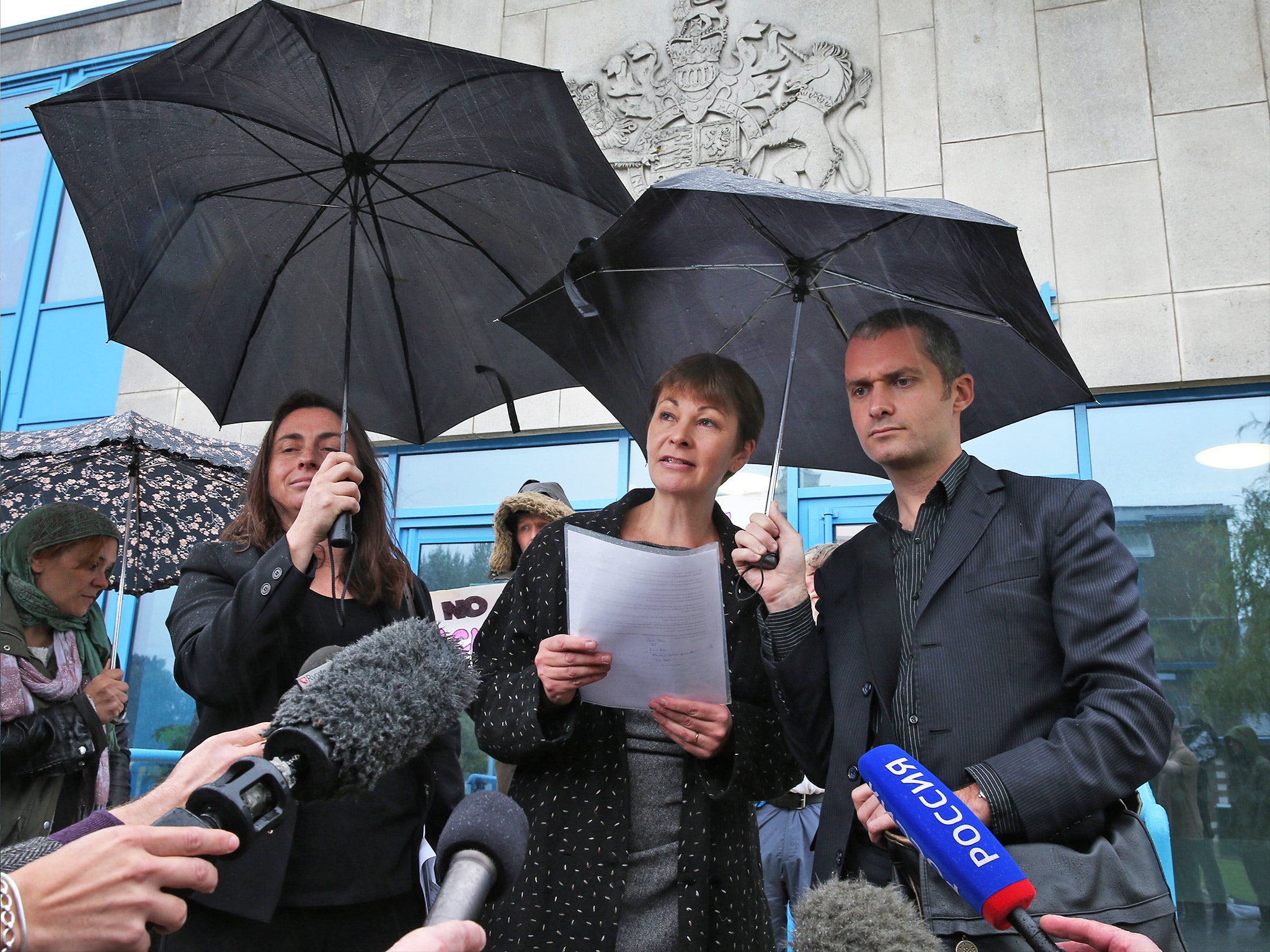Arrested MPs should not automatically be named, says cross-party committee
Longstanding rules currently require police to tell the Speaker when an MP is arrested, who then notifies the house

Your support helps us to tell the story
From reproductive rights to climate change to Big Tech, The Independent is on the ground when the story is developing. Whether it's investigating the financials of Elon Musk's pro-Trump PAC or producing our latest documentary, 'The A Word', which shines a light on the American women fighting for reproductive rights, we know how important it is to parse out the facts from the messaging.
At such a critical moment in US history, we need reporters on the ground. Your donation allows us to keep sending journalists to speak to both sides of the story.
The Independent is trusted by Americans across the entire political spectrum. And unlike many other quality news outlets, we choose not to lock Americans out of our reporting and analysis with paywalls. We believe quality journalism should be available to everyone, paid for by those who can afford it.
Your support makes all the difference.The public should not be automatically informed when an MP is arrested, a cross-party committee has recommended.
Longstanding House of Commons rules currently require police forces to notify the Speaker whenever an MP is arrested. The Speaker then notifies the House, making the arrest public. However, in a new report published today, the Procedure’s Committee has recommended that arrested MPs should only be named with their consent or when detained for reasons connected to their parliamentary activities.
The committee said the change would bring MPs’ rights to privacy into line with those of ordinary citizens, who are not automatically named on arrest.
While recommending that the practice of notification be retained, the Committee said there was a need to balance this with MPs’ rights to privacy.
“The Committee recognises that some arrests may occur in relation to activities which are essentially private and where the member has not chosen to make the fact of the arrest public or has not behaved in such a way as to make public knowledge inevitable,” their report said.
Arrested MPs: The rules
The rules around naming arrested MPs led to the confirmation of the arrest of former deputy speaker Nigel Evans in 2013. Mr Evans was later cleared after trial of sex abuse charges, including one of rape. The Preston Crown Court jury unanimously cleared the MP for Ribble Valley of all charges.
- Conservative MP David Ruffley was arrested last year and given a police caution for common assault on an ex-partner. He stood down at the last election.
- An investigation into rape allegations against Conservative MP for The Wrekin, Mark Pritchard, was dropped in January this year without any charges. The House had been informed of his arrest in December. Nigel Evans was critical of the way the arrest had been made public before any charges had been made, and Mr Pritchard called for a review of the laws around anonymity for suspects in rape cases before charges are brought.
- Caroline Lucas, the Green MP, was among a number of protesters arrested at a fracking site in Sussex, in August 2013. She was later found not guilty of obstructing a public highway and a public order offence.
- House of Commons order papers also confirmed the arrest of Eric Joyce, a former Labour MP, four times in three years. In May this year he was convicted of an assault on two teenage boys in October 2014.
“It is important to make clear that in no other circumstance would a police force or a public authority be able to put the details of an arrest in the public domain in such circumstances without the consent of the arrested individual.”
The report, which was requested by the Speaker John Bercow, adds that “recent cases of media treatment of individuals said to be under investigation for notorious offences” had highlighted the “risks” to the “effective conduct of justice” and to the privacy of individuals whose names are published after being arrested but before any charge.
Rules requiring the naming of MPs have led to a number of arrests being made public in recent years. The last instance of the House being notified was 12 months ago, when Conservative MP Mark Pritchard was detained over a rape allegation. The investigation was later dropped. The new rules would require police forces to notify the Clerk of the House of Commons, who would then consult with the MP concerned, or his or lawyers. If the MP indicated that he or she did not wish to be named, the Clerk would then consult with the Speaker who would consider whether the arrest involved “issues of parliamentary privilege or constitutional significance”.
In the event of an arrested MP being subsequently charged with an offence, details of the name and the charge would be published by the police force responsible, following usual practice.
The Prime Minister’s spokesperson said the Government would want to consider the report before seeking a change to the rules.
“[The report] raises broad issues about privacy and the public interest and the balance between the two,” the PM’s spokesperson said.
“It will often come down to the specifics of a particular case. There’s an important principle here that MPs shouldn’t be treated differently from members of the public.”
A spokesman for the Speaker’s office said: “It is up to the House to decide whether to accept the recommendations contained in the Committee’s report.”
Join our commenting forum
Join thought-provoking conversations, follow other Independent readers and see their replies
Comments